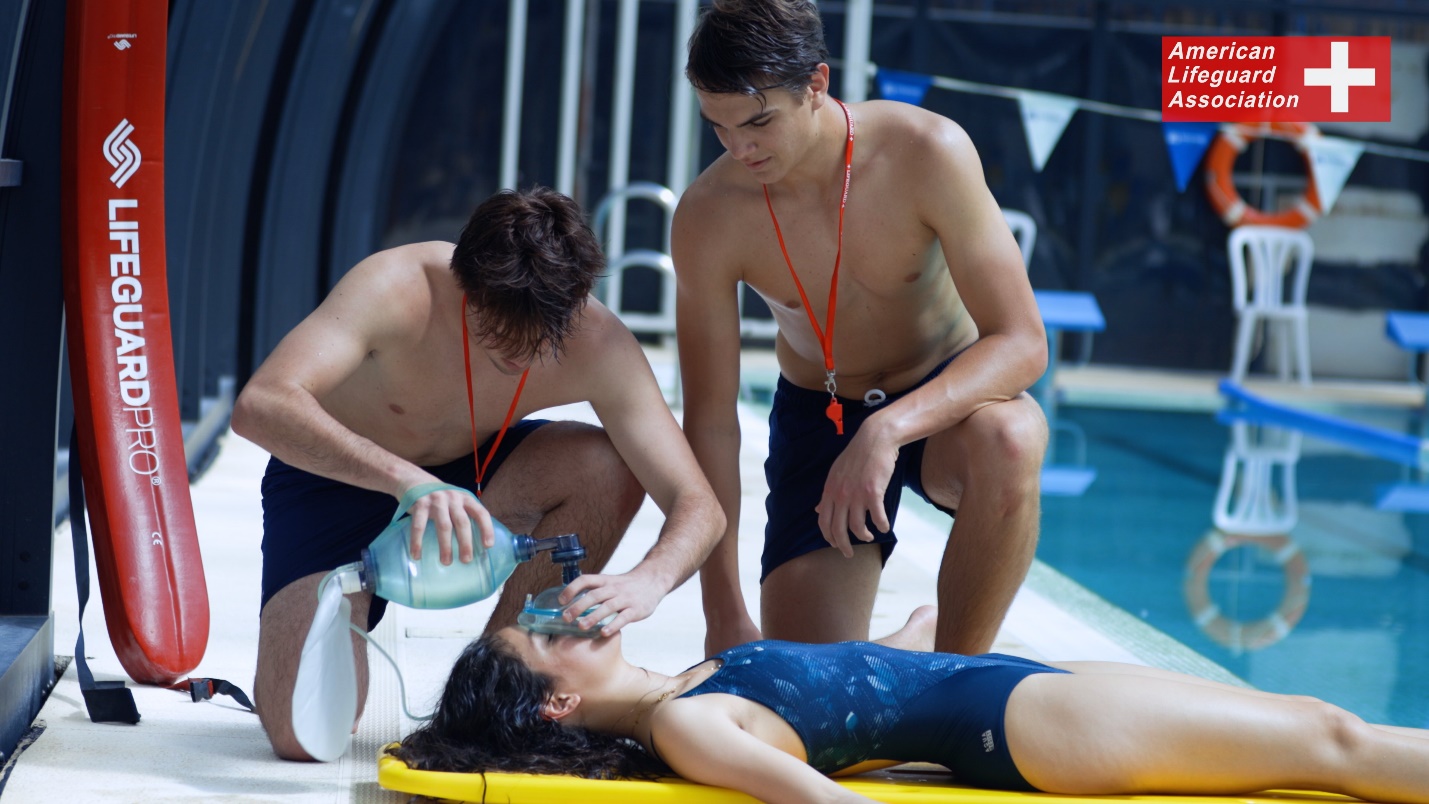Becoming a lifeguard is a rewarding and indispensable role. Lifeguard classes set you up for this responsibility by showing fundamental skills and knowledge. In this article, we will investigate what’s in store from these classes, from water safety to job opportunities.
Basic Water Safety
The first thing you will learn in lifeguard classes is water safety. This is crucial for all lifeguards. Understanding the basics of remaining safe in the water is the underpinning of your training. This incorporates perceiving potential hazards, major areas of strength for like, underwater obstructions, and sudden changes in water profundity.
You will likewise learn about the importance of remaining cautious consistently to forestall accidents before they happen.
Swimming Skills
Solid swimming skills are fundamental for a lifeguard. Lifeguard classes will test and work on your swimming abilities. You will practice various strokes, like free-form, breaststroke, and backstroke. Each stroke has its own techniques and benefits.
The classes will likewise zero in on expanding your perseverance and speed in the water. You will take part in timed swims to measure your advancement and ensure you can meet the necessary standards.
Rescue Techniques
Rescue techniques are a center piece of lifeguard training. You will learn how to save someone in distress, both in-water and out-of-water rescues. These techniques incorporate arriving at helps, where you expand a rescue tube or your hand to a striving swimmer, and tossing helps, where you toss a buoyancy gadget to someone in need.
Swimming rescues are likewise covered, showing you how to approach, secure, and carry a distressed swimmer to safety. Every procedure is practiced over and over to build confidence and capability.
CPR and First Aid
Lifeguards should know CPR and first aid. These skills are fundamental in emergencies. Lifeguard classes will show you how to do mouth to mouth on grown-ups, kids, and newborn children. You will likewise learn how to utilize an Automated External Defibrillator (AED).
First aid training will cover how to treat normal injuries and illnesses, like cuts, injuries, injuries, and heat-related conditions. You will practice these skills on life sized models and in reenacted scenarios to ensure you are ready for real-life circumstances.
Using Rescue Equipment
Lifeguard classes will acquaint you with various rescue equipment. This incorporates things like rescue tubes, floats, and backboards. You will learn how to utilize this equipment actually in different rescue circumstances. For example, rescue tubes are utilized to help both the lifeguard and the casualty during a water rescue.
Backboards are fundamental for immobilizing and transporting people with potential spinal injuries. Practice meetings will assist you with becoming acquainted with these tools, ensuring you can convey them quickly and correctly when needed.
Physical Fitness
Being a lifeguard requires great physical fitness. Lifeguard classes incorporate physical fitness training to build strength and perseverance. You will partake in activities like running, swimming laps, and strength training.
These activities are intended to further develop your general fitness level, ensuring you can perform rescues productively and keep up with readiness during long moves. Fitness assessments are directed intermittently to keep tabs on your development and distinguish regions for improvement.
Communication Skills
Communication is key for lifeguards. You need to be ready to discuss successfully with swimmers, different lifeguards, and emergency personnel. Lifeguard classes will show you how to give clear and brief guidelines in various circumstances.
You will likewise learn how to utilize hand signals and whistles to pass on messages quickly and proficiently. Teamwork is underscored, as you will frequently need to organize with different lifeguards during rescues and emergencies.
Scenario-Based Training
Scenario-based training is a critical piece of lifeguard classes. You will take part in mock rescue scenarios that mirror real-life circumstances. These scenarios assist you with applying the skills you have learned and set you up for the eccentricity of real emergencies.
For example, you could practice protecting a striving swimmer from deep water, providing first aid to a harmed kid, or doing mouth to mouth on an inert casualty. Instructors will give input and direction to assist you with working on your techniques and critical thinking abilities.
Rules and Regulations
Each swimming facility has rules and regulations intended to guard patrons. ALA Lifeguarding courseswill show you these rules and how to implement them. This incorporates understanding the facility’s emergency activity plan, knowing the rules for different region of the pool or beach, and perceiving unsafe behaviors. You will learn how to approach and address patrons who are defying norms, ensuring their safety and the safety of others.
Customer Administration
Lifeguards frequently connect with the public, making great customer administration skills significant. Lifeguard classes will show you how to deal with various circumstances with patrons. This incorporates managing troublesome or uncooperative people, providing data about the facility, and offering help when needed.
You will learn techniques for keeping composed and proficient, even in testing circumstances. Building positive associations with patrons helps establish a safe and inviting environment.
Lifeguard Certification
Toward the finish of your training, you should pass an ALA certification exam. This exam tests every one of the skills and knowledge you have acquired during your training. The certification process normally incorporates a composed test and commonsense assessments of your swimming, rescue, and first aid skills. When you pass, you will be a certified lifeguard, prepared to begin working.
Certification is legitimate for a particular period, normally two years, after which you should renew it. Search for lifeguard classes near me to find certification courses in your space.
Continuous Learning
Lifeguard training doesn’t stop after you get certified. You should keep learning and rehearsing to remain current with new techniques and data. These classes frequently offer supplemental classes and advanced training. These assist you with keeping awake to date with the latest safety conventions and rescue methods. Continuous learning ensures that you stay a skilled and successful lifeguard all through your career.
Job Opportunities
Subsequent to completing these lifeguarding programs and getting your certification, you will be prepared to get a new line of work. Many spots need lifeguards, including pools, beaches, water parks, and summer camps. Each kind of facility offers exceptional difficulties and experiences.
For example, working at a beach might include areas of strength for managing and marine life, while a water park lifeguard should be careful around slides and attractions. You can begin searching for lifeguard classes near me to secure local position opportunities and associate with potential managers.
Final Thoughts
Lifeguard classes give fundamental training to a rewarding job. They show you valuable skills that protect people in and around water. Whether you are hoping to begin a new career or simply need to be ready for emergencies, lifeguard training is an incredible decision.
For the best training, consider classes offered by the American Lifeguard Association. They give extensive training programs to set you up for any circumstance. With the right training and dedication, you can become a sure and competent lifeguard, prepared to have an effect.






Leave a Reply
View Comments